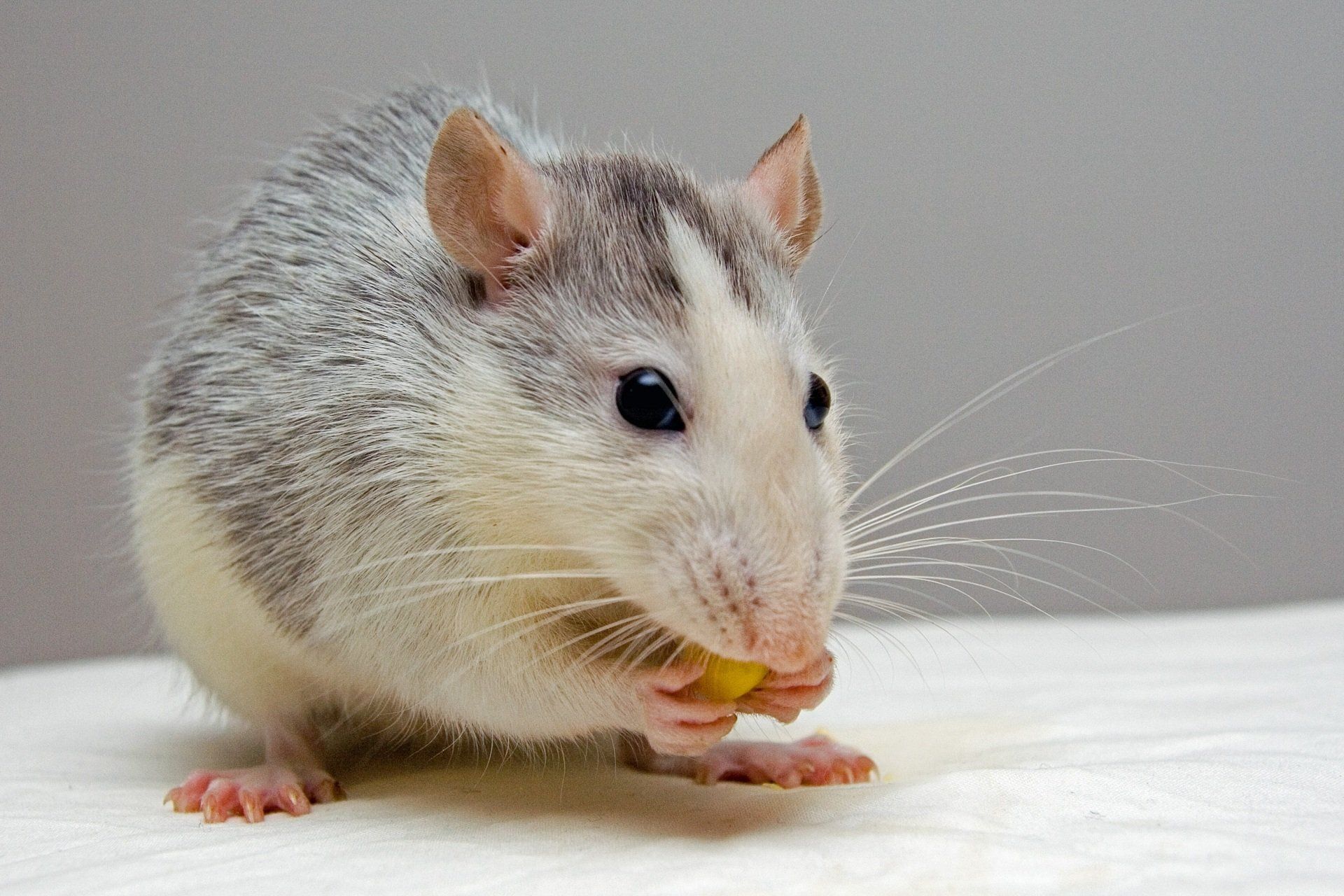Critter Repellent All Natural Animal Repellent Blog



Acreages offer a picturesque retreat from urban life with sprawling landscapes, extensive land, and beautiful wildlife surrounding them. However, along with the tranquillity comes a pesky challenge - the presence of common pests that can disrupt the peace is more common for acreage dwellers. So, let’s delve into the pests that frequently trouble acreage homeowners and reveal the power of Critter Repellent in maintaining a pest-free haven.
Each acreage is unique depending on its location, and which means they face distinct challenges. From invasive garden munchers like deer and rabbits to household intruders like mice and raccoons, understanding the pests specific to your acreage is the first step in effective pest management. Whether it’s deterring groundhogs, repelling squirrels, or defending against larger wildlife, we offer customizable solutions tailored to the specific needs of your acreage.
Gardens are often the pride of acreage living, but they can also be a tempting buffet for deer and rabbits. That’s why it’s essential to learn to identify the signs of their presence and explore practical strategies to protect your garden oasis. Critter Repellent provides all-natural solutions to deter these garden invaders, allowing you to enjoy the fruits of your labour without compromising on the natural harmony of your surroundings.
Acreages are also known for their open spaces, which can attract household pests like rats and mice seeking shelter from the elements. From barns and outbuildings to your own living spaces, these stealthy intruders can cause damage and pose health risks. Get up to speed on how you can tell the signs of their presence and which proactive measures can keep your spaces rodent-free. If you already have these unwanted guests, Critter Repellent’s range of repellents ensures that your living spaces remain free of these pests. Our commitment to natural and humane pest control sets Critter Repellent apart.
The open spaces of an acreage attract not only ground-dwelling pests but also those that can fly or climb. Birds and squirrels, while charming, can become nuisances. Explore the humane deterrents and preventive measures we offer to maintain a healthy balance that allows you to enjoy nature without compromising your peace.
The allure of an acreage extends to other wildlife visitors, such as moles, gophers, raccoons, skunks, and possums. Acreage landscapes often serve as a refuge for subterranean pests, and their tunnelling activities tend to disrupt lawns and gardens. While they add to the charm of rural living, understanding their habits and implementing measures for coexistence is crucial. It is vital to identify the signs of their presence, understand their habits, and implement measures for coexistence. You can also delve into the effective methods to manage these pests to ensure a peaceful coexistence.
Armed with some basic knowledge about common pests on acreages, you can take proactive steps toward prevention and, if needed, repellents. From securing garbage bins to choosing pest-resistant plants, be sure to explore a range of strategies that contribute to a pest-free living environment.
Living on an acreage invites a shared space with nature, including its diverse inhabitants. By understanding common pests and adopting proactive measures, you can create a harmonious coexistence that allows both you and the wild creatures of your acreage to thrive. Embrace the beauty of rural living while mitigating the challenges common pests pose.


